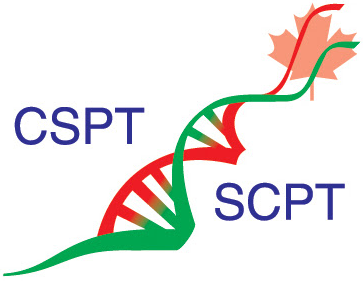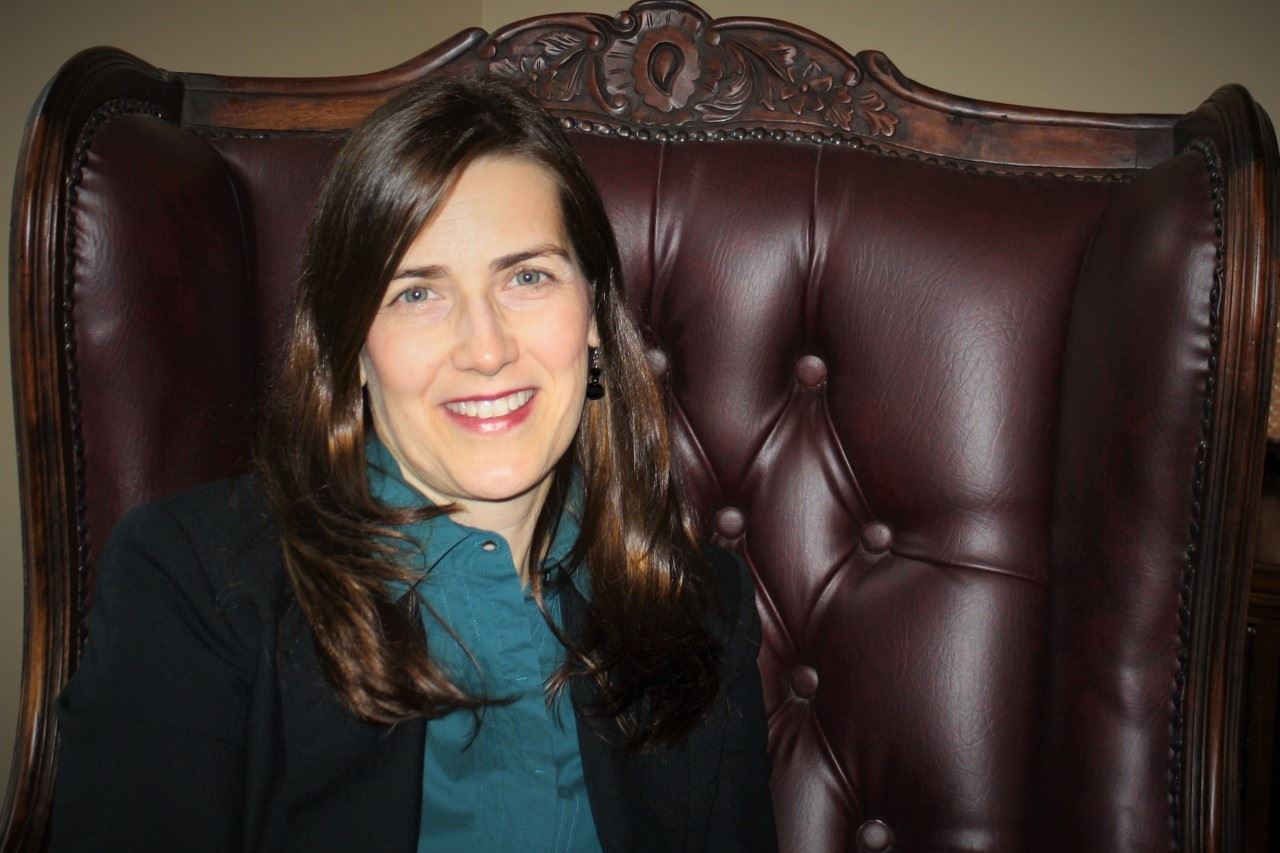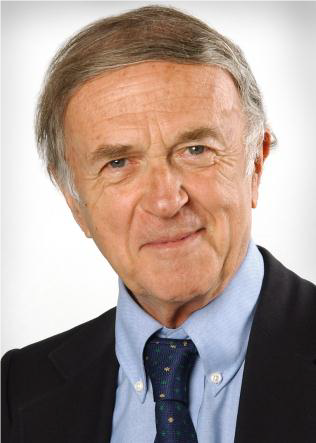Pharmacology Canada News Spring 2019 |
Education Committee UpdateBy Cindy Woodland, CSPT Education Committee Chair
What is the mission of the Education Committee? The Education Committee fosters educational opportunities related to basic and clinical pharmacology for both members and non-members of CSPT with special consideration of the CSPT student and trainee population. The Committee aims to enhance the value of CSPT membership by providing enriching education opportunities that are unique to members. Who is involved? The committee is chaired by Cindy Woodland and was recently expanded to include the following committee members representing educators, clinical pharmacologists, basic scientists, post-doctoral fellows and other trainees. We frequently consult with student members, health care and industry professionals and regulatory bodies with the aim of serving the diverse membership of CSPT. Khaled Abdelrahman, PhD – University of Ottawa Emily Austin, MD – Unity Health Toronto and The Ontario Poison Centre Kim Chau, PhD – McMaster University Fabiana Crowley, PhD – Western University George Dresser, MD – London Health Sciences Centre and Western University Doreen Matsui, MD – Children’s Hospital—London Health Sciences Centre and Western University Rommel Tirona, PhD – Western University Brad Urquhart, PhD – Western University Cindy Woodland, PhD – University of Toronto What are the current priorities for the Education Committee? The Education Committee strives to support current member interests in basic and clinical pharmacology while also encouraging new membership through attractive educational offerings. Working with the Scientific Program Committee, the Education Committee contributes to educational programming at the annual scientific meeting. Committee members also work with the Clinical Pharmacology and Toxicology section of the Royal College of Physicians and Surgeons of Canada as the official society affiliate for clinical trainees. The Education Committee is excited to update you on our current educational initiatives. We hope you will share your own ideas for future education projects with us at education@pharmacologycanada.org. 1. Emphasis on the Next Generation of Pharmacologists PhD Mentorship Program We are seeking student and faculty volunteers to participate in our inaugural mentorship matching system for junior and senior members. The mentorship program comprises quarterly (or more frequent) telephone or in-person chats with an individual from outside your institution. This program aims to provide opportunities for PhD and clinical trainee members to tap into the wisdom of CSPT members with more than five years of career experience. Mentors benefit equally from their conversations with the generation-in-training, and we expect this program to create win–win relationships all around. We hope to expand academic and career networks for participants without requiring an onerous time commitment. If you are interested in participating in the mentorship program, please contact Cindy Woodland at education@pharmacologycanada.org for further information and to obtain a mentorship application form. Our aim is to match all PhD and clinical fellow members in our inaugural year with a view to future expansion of the program to other students. Our one-page application form can be completed in less than 10 minutes so join now! National Career Seminar Series We recognize that not all of our student members are hoping to follow in their academic supervisor’s footsteps. In an effort to build awareness of what you can do with a graduate degree in pharmacology, we will offer a Careers with Pharmacology online webinar where students and trainees can log-in to hear about potential career paths for pharmacology graduates. Members from coast to coast will benefit from learning about the roles and duties in a variety of career paths related to pharmacology. If you or someone you know would be willing to share their career experiences, please let us know ateducation@pharmacologycanada.org. Think of the career conversation that turned on the light for you or that you wish had happened. Let’s help enable our members to better understand career opportunities through our shared experiences. Stay tuned for dates and instructions on how to participate. 2. Membership has Privileges Website Access to Your Pharmacology Questions What if you could redirect your Internet search or pharmacologic definition to the CSPT website to access a glossary of pharmacological terms? Who better to explain pharmacological terms and principles than our own members? The Education Committee is creating a searchable glossary of pharmacologic terms. Instead of searching the vastness of the World Wide Web to learn about an inverse agonist, wouldn’t it be nice to be directed to an authoritative source? Imagine having a searchable list of terms with the trust that it had been vetted by experts in the field. To encourage membership, non-members who are directed to our website when searching terms in our glossary will be given a limited-time opportunity to access our educational materials for free before having to join CSPT to have continued access. If you wish to be a part of the review process, please let us know at education@pharmacologycanada.org. Educational Objectives to Guide Your Learning and Teaching Sometimes it feels like we are constantly reinventing the wheel in teaching. Join the national conversation being led by the CSPT Education Committee on pharmacology learning objectives. Determine which objectives you can adopt at your institution to enhance teaching and learning. Keep reading your newsletters for updates on accessing the CSPT pharmacology learning objectives. Pharmacology Resources with the Click of a Button Have you seen an animation or video that explains a component of pharmacology really well? Do you have some go-to Internet favourites you utilize for teaching or learning? Let’s expand our list of great resources accessible through the Members Portal of the CSPT website. Help us build our Links section by sharing links to great resources by sending an email to education@pharmacologycanada.org. Please donate to CSPT to contribute to our educational success (while lowering your taxes!). Note that your donation is for the Ken Piafsky Education Fund. Every little bit helps us to grow pharmacology education. |
| Opportunity for Trainees | Call for Submissions |

 Following on the interview in the Fall 2018 Pharmacology News with the new Dalhousie University Pharmacology Chair Dr. Chris Sinal, we continue to check in with the pharmacology community across Canada. In this edition, CSPT treasurer Brad Urquhart interviews Dr. Frank Beier, new Chair of the Department of Physiology and Pharmacology in the Schulich School of Medicine & Dentistry at Western University.
Following on the interview in the Fall 2018 Pharmacology News with the new Dalhousie University Pharmacology Chair Dr. Chris Sinal, we continue to check in with the pharmacology community across Canada. In this edition, CSPT treasurer Brad Urquhart interviews Dr. Frank Beier, new Chair of the Department of Physiology and Pharmacology in the Schulich School of Medicine & Dentistry at Western University. I
recently learned that in the 1950s when one of our predecessor
societies, The Pharmacological Society of Canada, was formed, there was no graduate student membership category. Fortunately, over time,
this has changed. Trainees are now an integral part of and focus of the
CSPT and we are committed to expanding trainee involvement in the
society and opportunities for their career development.
I
recently learned that in the 1950s when one of our predecessor
societies, The Pharmacological Society of Canada, was formed, there was no graduate student membership category. Fortunately, over time,
this has changed. Trainees are now an integral part of and focus of the
CSPT and we are committed to expanding trainee involvement in the
society and opportunities for their career development.  The Education Committee liaises with the Scientific Program Committee and Outreach Committee and provides members with a broad spectrum of educational opportunities. Education Committee Chair, Dr. Cindy Woodland, provides us with an inside look at the committee, its members and its initiatives, with the hope of engaging CSPT members in its educational mission.
The Education Committee liaises with the Scientific Program Committee and Outreach Committee and provides members with a broad spectrum of educational opportunities. Education Committee Chair, Dr. Cindy Woodland, provides us with an inside look at the committee, its members and its initiatives, with the hope of engaging CSPT members in its educational mission. Dr. Regoli was Professor at the Department of Pharmacology at the Université de Sherbrooke from 1968 to 1998. He became Professor emeritus in 1998. A world leader in pharmacology, Dr. Regoli dedicated his half-century career to the pharmacology of vasoactive peptides and their antagonists, with a particular emphasis on drugs for the treatment of cardiovascular disorders and diabetes. As a testimony to the high impact to biomedical research, he made remarkable contributions on three classes of drugs broadly used in the clinics today: diuretics, angiotensin II receptor antagonists, and inhibitors of angiotensin-converting enzyme.
Dr. Regoli was Professor at the Department of Pharmacology at the Université de Sherbrooke from 1968 to 1998. He became Professor emeritus in 1998. A world leader in pharmacology, Dr. Regoli dedicated his half-century career to the pharmacology of vasoactive peptides and their antagonists, with a particular emphasis on drugs for the treatment of cardiovascular disorders and diabetes. As a testimony to the high impact to biomedical research, he made remarkable contributions on three classes of drugs broadly used in the clinics today: diuretics, angiotensin II receptor antagonists, and inhibitors of angiotensin-converting enzyme. Save These Dates in 2020!
Save These Dates in 2020!